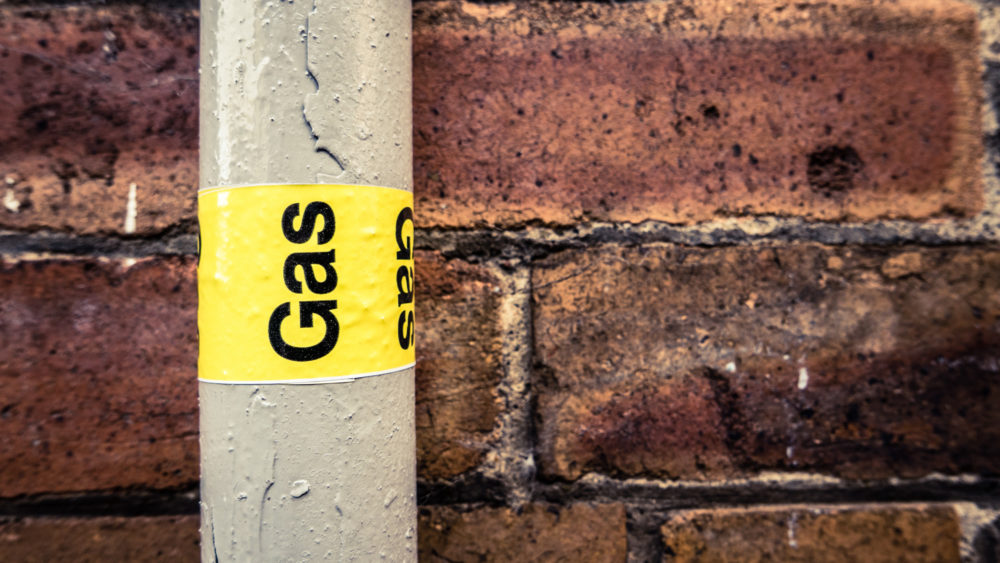Something’s not right. You’ve been feeling nauseous and lightheaded, and your pet seems to be feeling the same. You notice the smell of rotting eggs coming from the kitchen, but what could it be?
You may have a gas line leak.
According to the American Gas Association, over 76 million customers in the US use natural gas. While using natural gas to heat your home, cook, and dry clothes is generally safe, it’s potentially dangerous in the event of a leak. In some cases, a gas leak could have lethal consequences.
What are the signs of a leak and other gas line problems? Learn what to watch out for below, so you can call a plumbing contractor immediately to address the situation.
You Notice a Rotten Egg Smell
Natural gas, without any additives, is colorless and odorless. An undetected gas leak can be deadly.
In 1937, a natural gas explosion leveled the New London High School in Rusk County, Texas, and killed 298 people, most from grades 5 to 11. After this tragedy, laws were passed to mix natural gas with an odorant to give an early warning of a gas leak.
Distributors add mercaptan to natural gas for this purpose.
The human nose can notice the distinct odor at concentrations as small as ten parts per billion. Mercaptan smells like rotten egg, garlic, or rotting cabbage.
You Hear a Hissing Sound
Gas lines 50 years old or more may develop cracks or holes because of old age, especially if they don’t get inspected by a residential plumber. Gas escaping through a small opening can produce a hissing sound.
You might also spot bubbling in your yard after it rains or when you’re watering the grass. The gas leak may be coming from the pipes underneath the yard.
Plants Near the Gas Line Are Dying
Natural gas can displace the oxygen in the soil that your plants need to live and stay healthy. If you’ve been meticulously taking care of your plants and they’re still dying, the problem may be due to a damaged gas line.
One clue that this might be happening is to check the windows near the damaged vegetation. If you see condensation, it may be time to call your friendly plumber instead of a landscaper.
Symptoms of Gas Inhalation
Similar to what’s happening above, the gas displaces the oxygen in the air during a gas leak. The symptoms we experience are due to the reduction in oxygen we breathe.
Common symptoms of a gas leak include breathing difficulties, lightheadedness, and nausea. You may also experience headaches, dizziness, and fatigue. When you notice these symptoms and suspect a gas leak, you should immediately evacuate everyone in the area.
Your Utility Bills Are Surprisingly High
Did your gas bills skyrocket out of nowhere? If you can’t fathom a reasonable explanation for the increase, it’s time to get your gas lines checked.
Gas line problems may also cause appliances, such as the water heater or flame stove, that depend on gas to malfunction or stop working entirely. Raise your suspicion further if you hear knocking or unusual sounds from your appliances.
If You Notice These Signs, Act Immediately!
Gas line problems should be taken care of as soon as possible. If you notice any of these signs, a prompt call to the professionals can potentially save lives.
A gas leak is always an emergency, but our team at Louis Mechanical Contractors can help you. Don’t hesitate to contact us if you need our services!


Comments are closed.